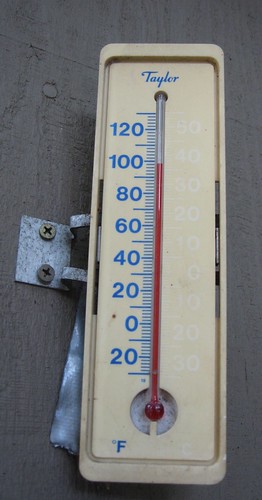 I have been following the twitter hashtag #seascorcher where all of us Seattlites are connecting, communicating and often commiserating about our record breaking heat wave.
I have been following the twitter hashtag #seascorcher where all of us Seattlites are connecting, communicating and often commiserating about our record breaking heat wave.
It has been interesting to reflect on a) how much I’ve been on Twitter today and b) what I’m Tweeting about. The local issue has caused me to connect and focus locally which is quite different than my normal pattern. (You can read the recent tweets here Nancy White (NancyWhite) on Twitter).
The heat has me hiding inside in front of a fan, downstairs, with my main computer off and just my little netbook on my lap. A large ice tea has been refilled many times by my side. It is too hot to focus on some of my work, so Twitter has been both amusement and communication, but with a very different use pattern than normally. I’ve tweeted FAR more than usual as well. I’m reading tweets voraciously when I normally dip in and out and skim, skim, skim.
What I find really interesting is the shift of focus. You know that old saying, nothing pulls people together like a crisis. Our heat is doing that. People are swapping cooling tips, places to get ice cream, air conditioned public locations for cooling off, and of course, the current temperature. The news media Twitterers are at it bringing many flavors of classic and citizen journalism into the story. The local coop is tweeting cooling food ideas. Everyone is getting into the game.
Is this community building? It could be. Some connections formed this week will grow. Others stay anonymous and ephemeral – the moment enjoyed and passed on. Very network like. But it gives one slice of a geographic community.
And you know what? It is fun. I feel more connected to Seattle that I usually do, since I work with global networks. Yet even my global friends are chiming in. This is fascinating. The power of events, of something at a specific point in time that captures our attention. And imagination!
![Reblog this post [with Zemanta]](https://img.zemanta.com/reblog_e.png?x-id=9921f054-da94-4373-bf62-d1ff9bb531c2)
![Reblog this post [with Zemanta]](https://img.zemanta.com/reblog_e.png?x-id=2f182072-a13f-4b7f-aa34-f4fe2e08cdc0)
 Today
Today